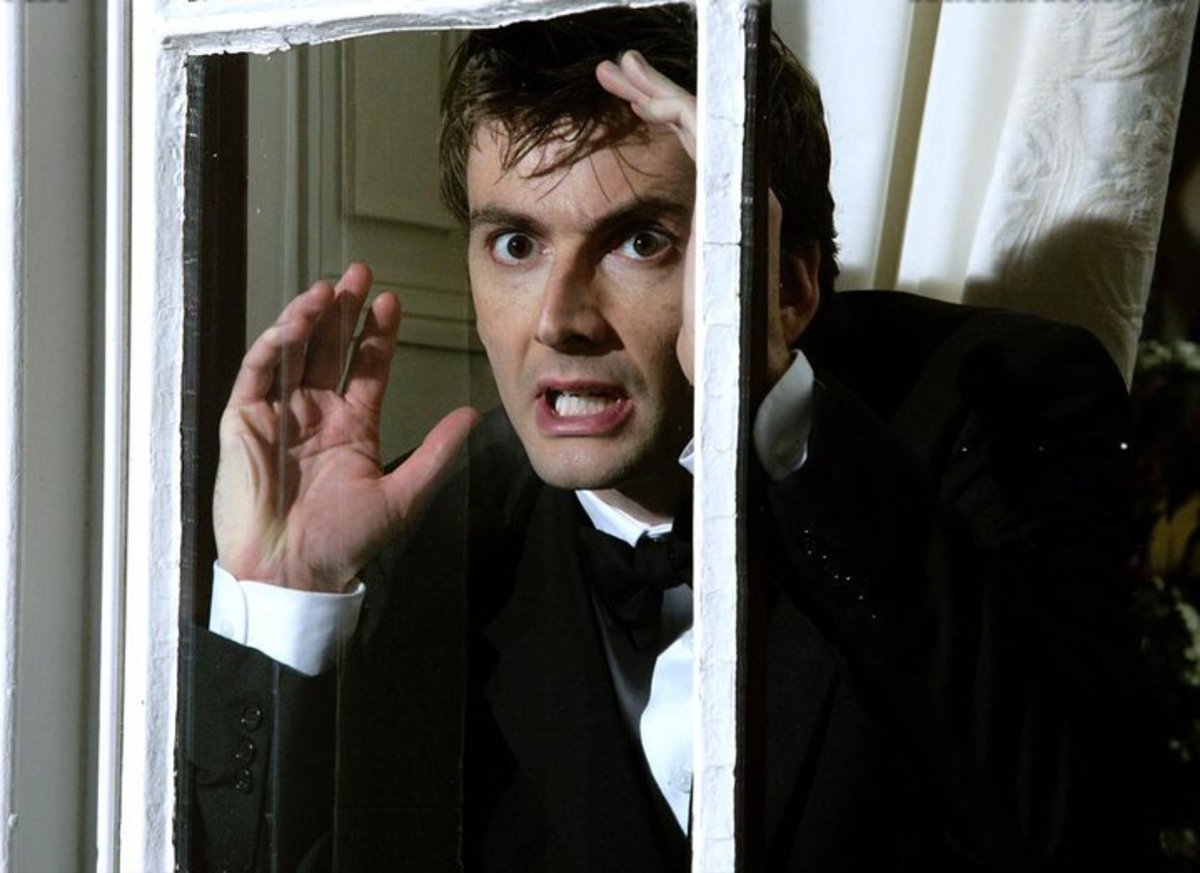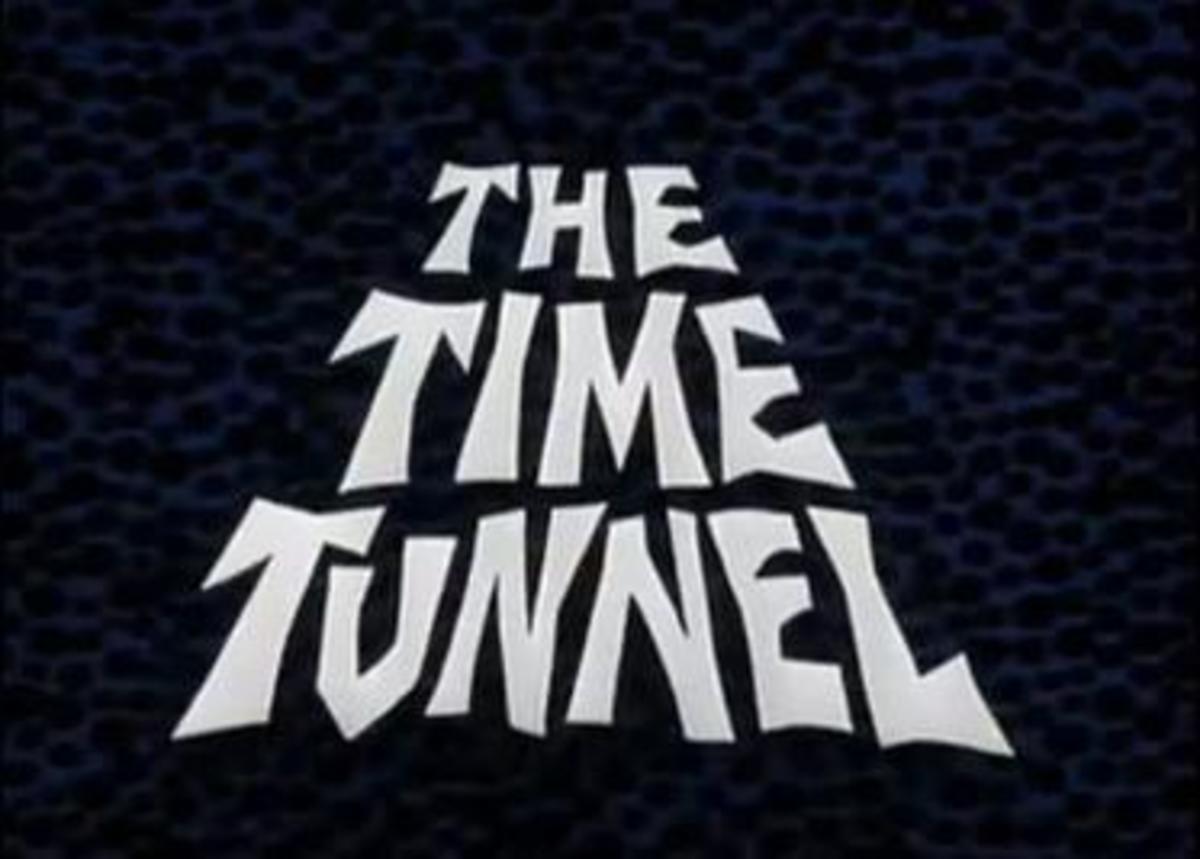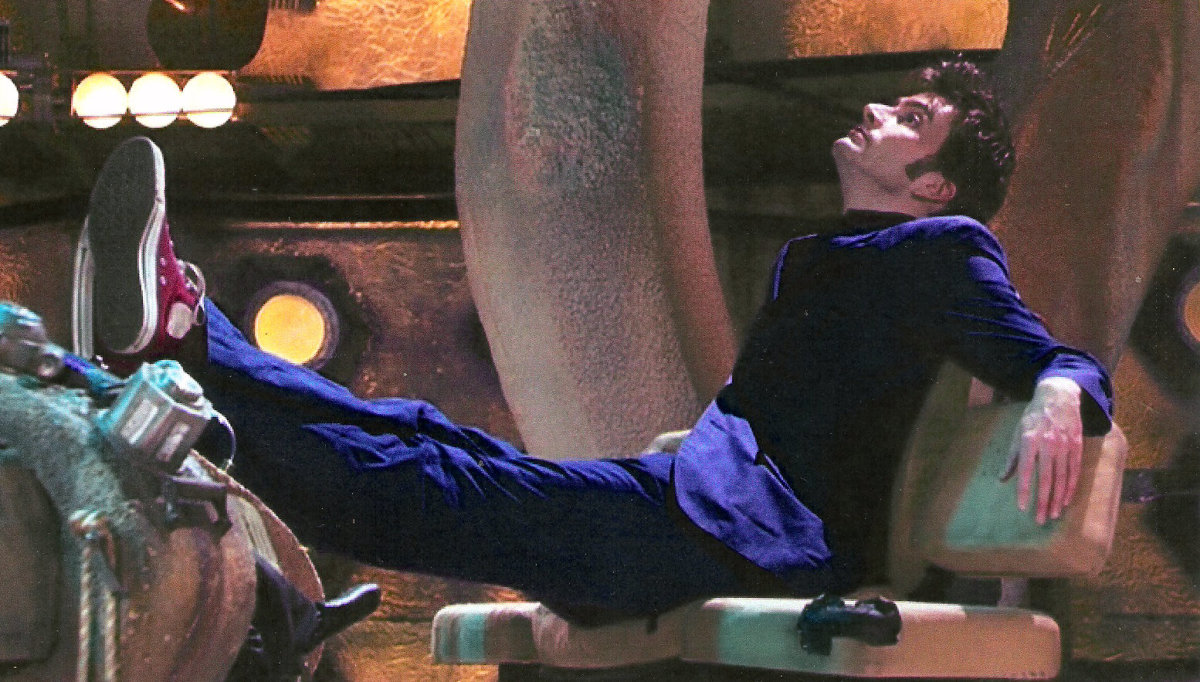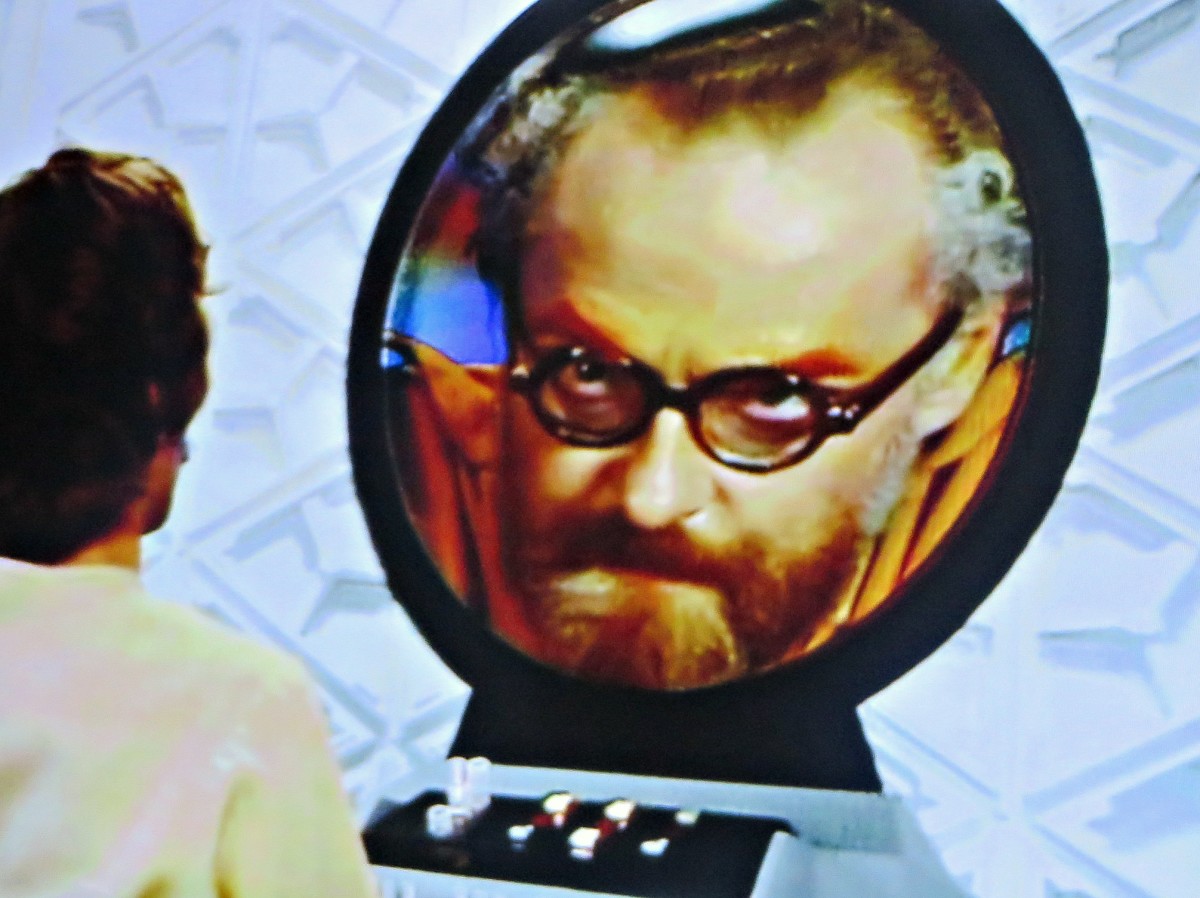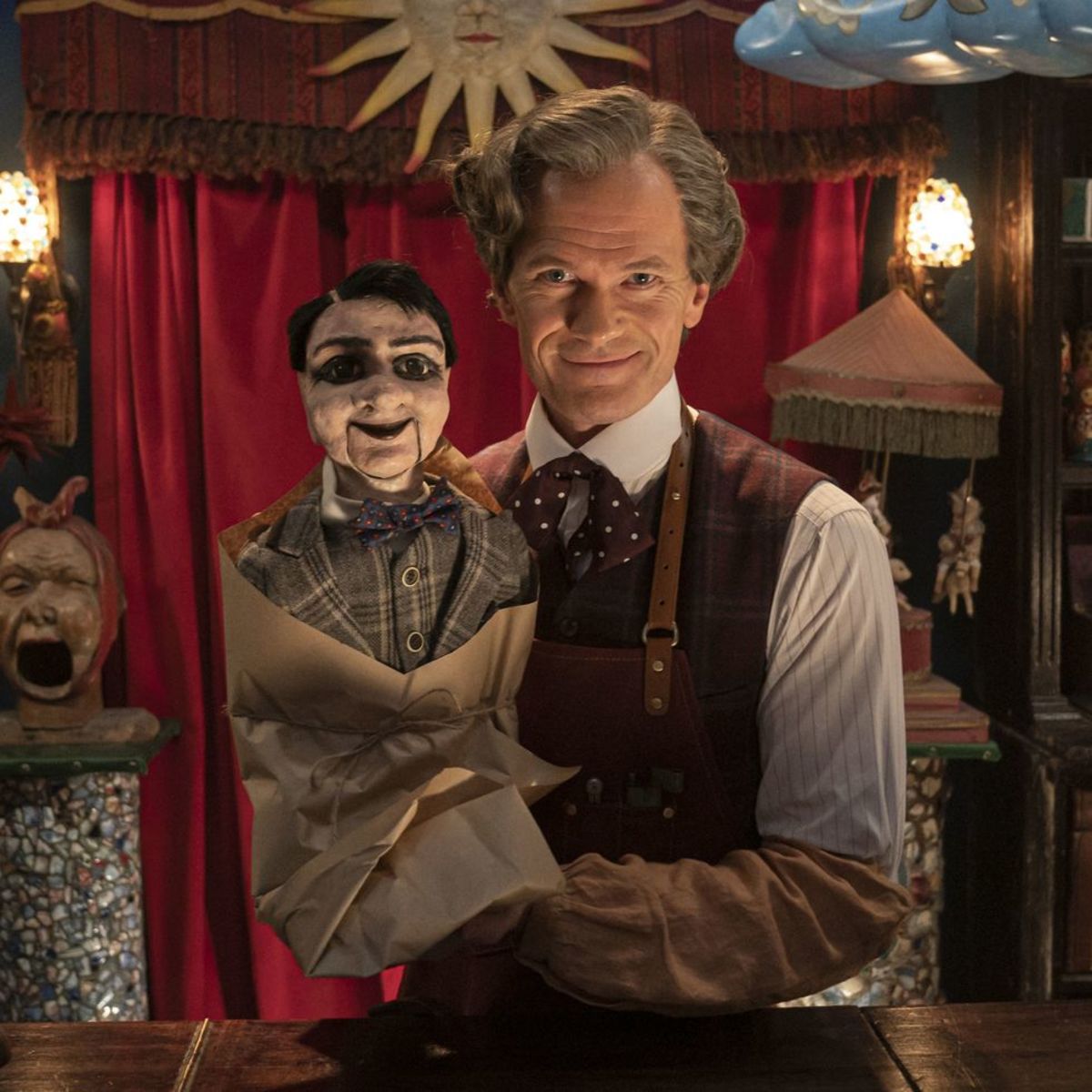Doctor Who - The Historical Adventures - Is It Possible To Change History?
In the season four episode of the new series, The Fires of Pompeii, the tenth Doctor and his companion Donna Noble travel back to the ancient city of Pompeii, 24 hours before the infamous eruption of Mount Vesuvius in 79 AD. However, this wasn't the first time the TARDIS had landed the Time Lord and his companions smack in the middle of ancient Roman history. Something the Doctor himself alludes to in the episode when Donna asks the explorer if he's visited Rome before, "Mmh, ages ago. Before you ask, that fire had nothing to do with me. Well, a little bit." A reference to the events of the 1964 story, The Romans, which concluded with the outbreak of another famous Roman catastrophe, the outbreak of the Great Fire of Rome in 64 AD.
Written by Dennis Spooner, The Romans, was essentially a four part history lesson about life inside the Roman Empire, with comedy largely taking the place of the usual pantheon of alien adversaries and other science fiction-esque elements most modern audiences now associate with the program. Doctor Who without Daleks, Cybermen or other extraterrestrial threats to mankind might sound unlikely, even impossible, to most new fans of the series. However, when the BBC’s Head of Drama, Sydney Newman, first conceived of the program back in 1962, it was originally envisioned that Doctor Who would be a kind of quasi-educational series aimed at school children. Hence the reason why the Time Lord's first two human travelling companions, Ian Chesterton and Barbara Wright, are actually school teachers by profession when we first meet them in the original episode - An Unearthly Child.
The idea was, of course, that kids would learn about history via the Doctor's adventures back and forth through time. As well as the time traveller’s many encounters with notable individuals from human history, chief among them Marco Polo (Marco Polo), Richard the Lionheart (The Crusade), Napoleon Bonaparte (The Reign of Terror) and Nero Caesar (The Romans) to name just a few. By the time of the first regeneration, though, the historicals began to be gradually phased out by the more popular futuristic/monster adventures. And after the second Doctor’s second story, The Highlanders, whenever the TARDIS took the Time Lord and his crew back in history there would always be a Yeti or other alien nasty waiting for them.
For many years the conventional view among fans was that the historical adventures were basically boring, and that the ‘monster seasons’ that followed were the golden age of Doctor Who. However, with the release of the stories on VHS and DVD this view has been challenged in recent years. Many fans now regarding the historical stories as being superior in terms of production and performance compared to the more science fiction orientated serials that featured the Daleks and Cybermen. Wherever you stand there’s no question that the historical stories had a huge impact on the mythology of the series, starting from the very beginning with An Unearthly Child. The short trip back to 100,000 BC introducing us to the basic premise of time travel, the TARDIS and, of course, the travel machine’s chameleon circuit. And later historical stories would continue this trend of building on the laws and rules of the TARDIS and time travel. Marco Polo, for instance, introduced us to the concept that outside climatic conditions can effect the TARDIS interior, something which was recently recycled in the new series episode Amy's Choice. It was the following historical, The Aztecs, that made the next big contribution to the canon of time travel, though.
You Can't Rewrite History! - Doctor Who - The Aztecs - BBC
In the four-parter the original TARDIS crew led by William Hartnell's Doctor arrive in 15th century Mexico, the centre of the Aztec Empire, just prior to the arrival of Hernán Cortés and his Spanish conquistadors. On this occasion, though, Barbra - who we learn specialises in Aztec history - isn't content to just sit back and observe the destruction of Aztec civilisation take place, deciding instead that she'll attempt to save the Aztecs by putting an end to the human sacrifice that ultimately led to the Spanish destroying them. The story is the first to explore the thorny issue of time travel in any real detail and tackle the question most viewers must have been left wondering about until then, "can history be changed or is it something fixed and unmalleable?" When Barbra tells the Doctor of her scheme, which she plans on achieving by impersonating an Aztec goddess fittingly enough, the Doctor is appalled and insists that even if he agreed with what his companion was trying to do that it is impossible anyway … history on this occasion cannot be changed. Despite Barbra's best efforts the Time Lord, of course, is proven right in the end and we know with tragic certainty that the Aztecs are doomed.
It would appear then that we have our answer: in Doctor Who time is fixed or locked and cannot be changed, "not even one line" as the Doctor later puts it. And this "law of time" seems to hold for two subsequent Hartnell adventures back in time, The Reign of Terror and The Massacre, where we learn a little more about the nature of time travel in the Doctor Who.
In The Reign of Terror, for instance, while trying to escape revolutionary France Susan explains to Ian what would happen if he simply tried to shoot Napoleon. According to the Doctor's granddaughter - whom we can comfortably assume is probably a Gallifreyan too - the gun would simply jam or worse explode in Ian's hand, or, else something else would happen to save the future French dictator. Similarly, in The Massacre the Doctor is forced to explain to his new companion, Steven Taylor, that it is impossible to save anyone from the famous Massacre of St Bartholomew's Eve. Something which almost leads to the space explorer leaving the TARDIS for good. However, unlike in The Aztecs, it appears that the Doctor was wrong on this occasion. The massacre of the French Huguenots still takes place, but it appears that the Doctor and Steven's presence did at least change history to some small extent, apparently saving the life of one young Protestant girl … an ancestor of Dodo’s who promptly joins the TARDIS crew at the story's conclusion.
The impression, of course, is that certain big events are fixed points that cannot be changed no matter what, while other smaller things that wouldn't radically damage the established web of time can be. There's only one problem … that's not what we’re told in a previous story: The Time Meddler. Where a renegade member of the Doctor’s own race - the Time Lords - complete with his own TARDIS attempts to radically change the course of Earth history by stopping the Norman conquest of England in 1066. The fact that this "meddling Monk" thinks he can change such an important event as the Battle of Hastings suggests it is possible to change major events. Perhaps only Time Lords have this power, though, are forgiven to interfere, but that still doesn't quite jibe exactly with what we’re told in the other stories.
But that wasn't the only thing The Time Meddler changed. The meddling Monk failed to change the course of human history but he did manage to change the face of Doctor Who forever, The Time Meddler being the first pseudo-historical story. There would be one or two more adventures back in time without any other science fiction elements or alien monsters, but they were a dieing breed and The Time Meddler would become the prototype for all the adventures back in time that would come after The Highlanders … with the possible exception of Black Orchid, which unsuccessfully tried to revive the purely historical format.
All in all the historical stories were underrated for far too long. However it wasn't only the superior set designs and performances which made them classics, as we've seen they also raised profound questions about the nature of time and used these questions to create genuine suspense and even tension - sometimes even conflict - between the Doctor and his companions. Something which was a lot rarer in the more sci-fi orientated serials, though, more recently in The Waters of Mars the same kind of questions about how much of history can be changed or not, were used to create another emotionally charged episode. It is doubtful we'll ever see another purely historical adventure in Doctor Who but no-one can doubt the legacy of these black and white gems lives on.
Doctor Who Opening Theme - William Hartnell 1963




